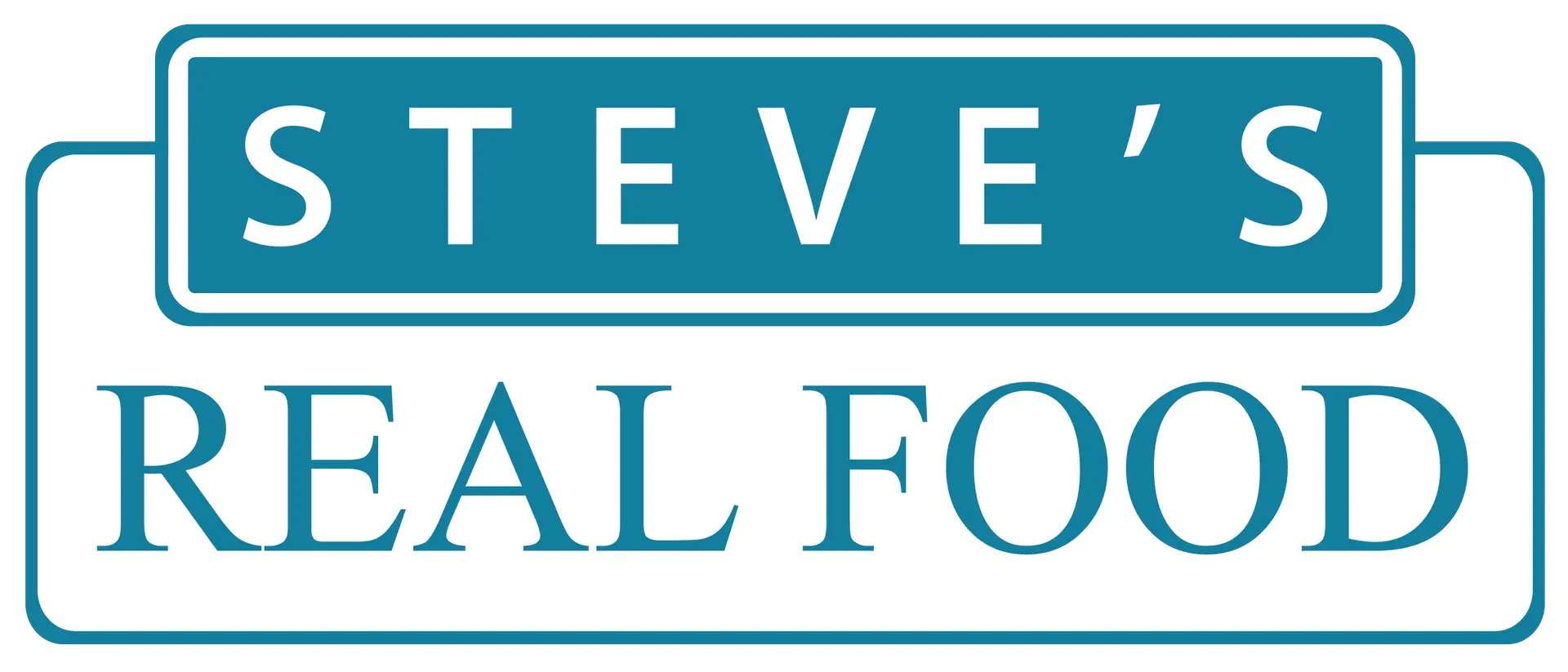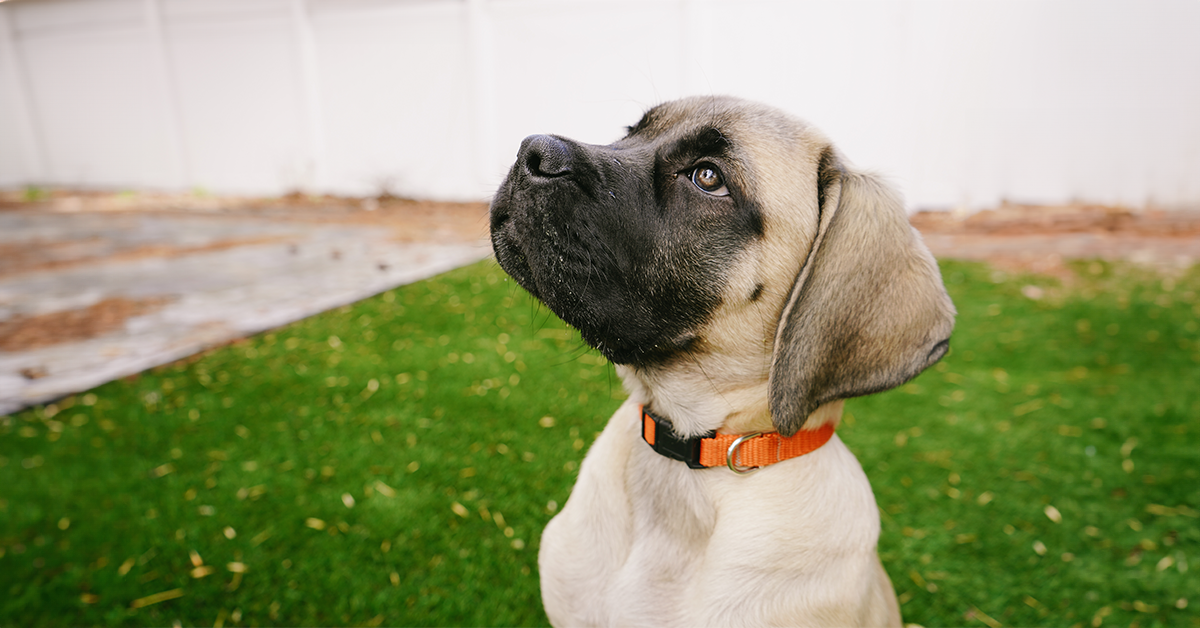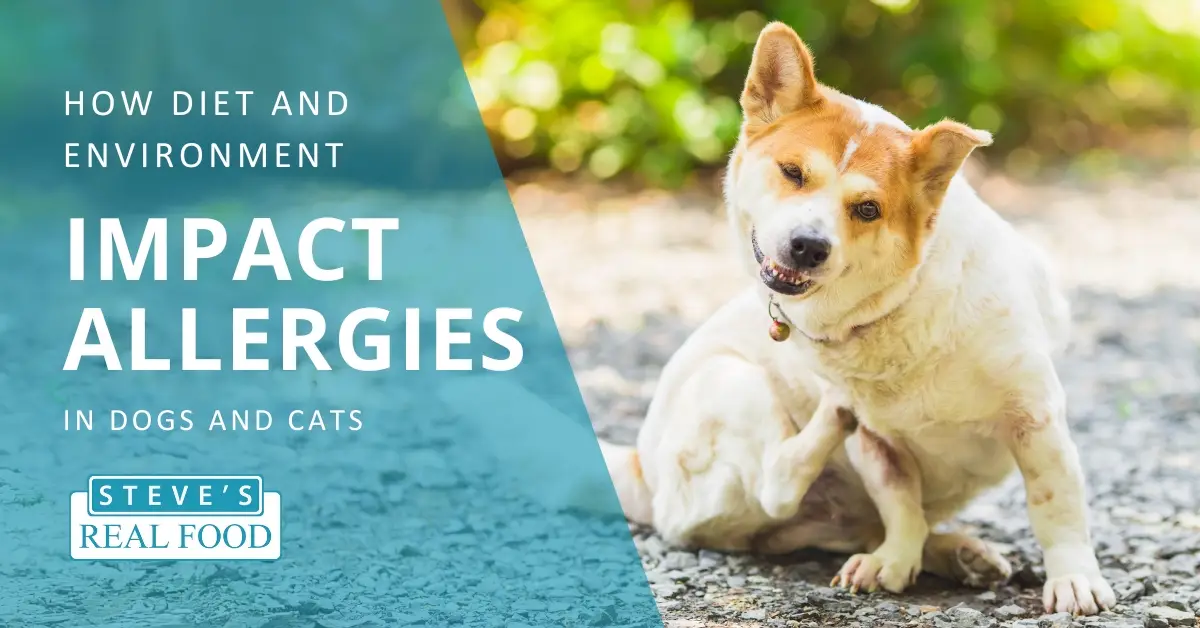When kibble is cooked it is exposed to multiple levels of heat. First it is put under extreme pressure and high heat from steam when it is extruded. The final round in its actual “cooking” phase where it goes through dryers and is typically baked at 350F. Therefore the numbers found in the 2003 study may be higher then what is truly available in kibble.
The Cost of Cooking
Many pet owners feel raw pet food is too expensive. However, as we have illustrated, cooked food does not give you the same bang for your buck. If you increase the price of canned or kibble 25-50% to account for the loss in nutrient value, you will see that raw is competitively priced.
QUICK FACTS – Raw vs. Cooked KibbleKibble can have fillers and non-digestible ingredients that tax the pet’s organs. Kibble absorbs water which can contribute to dehydration and diarrhea and eventually kidney disease. Kibble causes teeth decay and gum disease. 75-85% of domesticated cats and dogs suffer from periodontal disease at a level requiring treatment by 3 years of age. Cooking = Up to 50% Less Nutrients Kibble can have fillers and non-digestible ingredients that tax the pet’s organs. Kibble absorbs water which can contribute to dehydration and diarrhea and eventually kidney disease. Kibble causes teeth decay and gum disease. 75-85% of domesticated cats and dogs suffer from periodontal disease at a level requiring treatment by 3 years of age. Cooking = Up to 50% Less Nutrients
|






